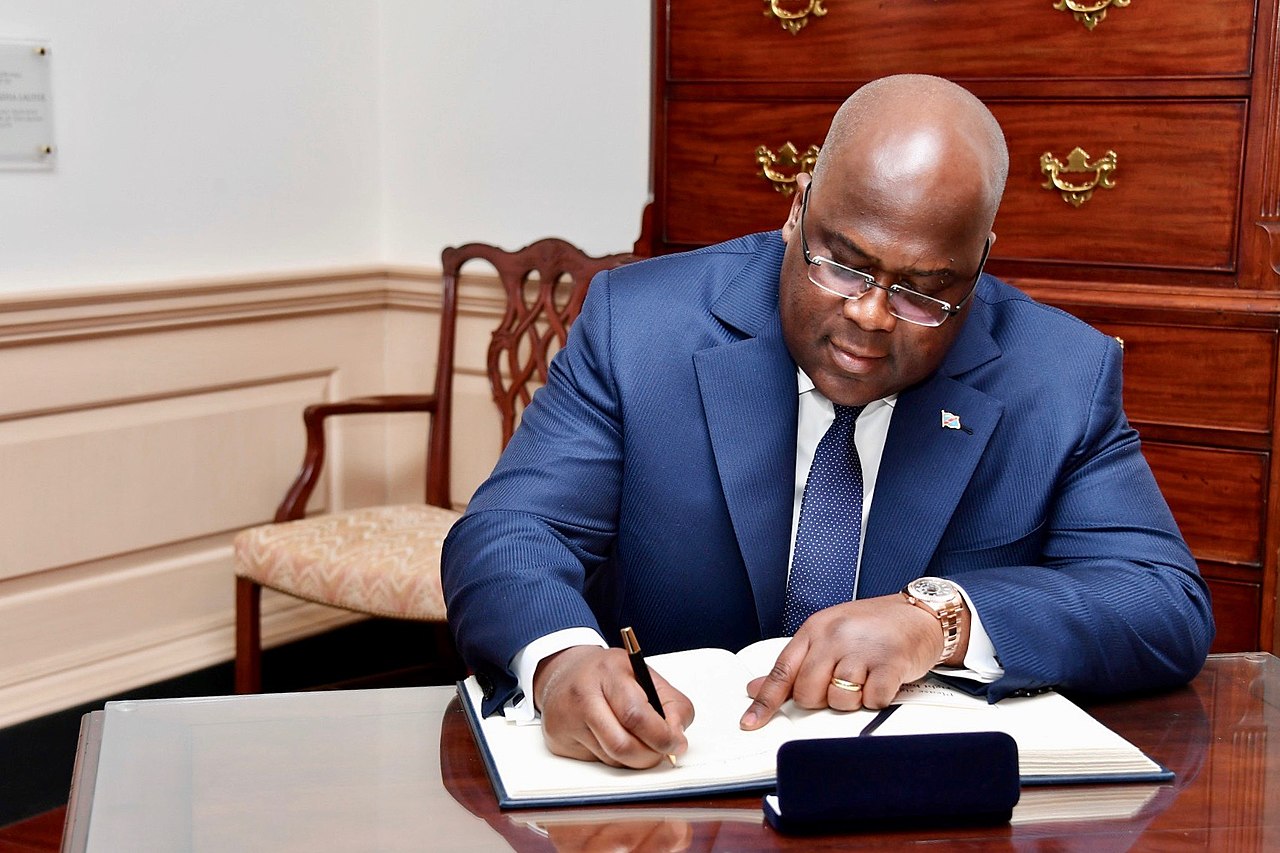
What’s Wrong with the DRC Constitution?

In
Within the DRC a fierce debate is raging about President Tshisekedi’s ambition to modify or to replace the current constitution. But why? And why now?
The arguments to justify the change are far from clear. During an August 2023 interview, President Tshisekedi pointed at elements of the constitution which allegedly cause malfunctioning of the state. During a speech held in Kisangani on 23 October President Tshisekedi qualified the 2006 constitution as “written by foreigners” and “not adapted to the situation of the DRC”.
In Lubumbashi on 16 November, Tshisekedi again took up the subject and stated that the constitution’s included a provision which, according to the DRC President, “enshrines the sale of our sovereignty to African states” (meaning Rwanda).
The current constitution was adopted by referendum on 18-19 December 2005 by an 84,3 % majority of the valid votes cast. In the President’s view, his election in December 2023 with a score of 72% provides him with the necessary legitimacy to replace or at least to modify it.
Tshisekedi’s position on the issue of constitutional change evolved from evoking the possibility to an absolute determination to modify or rather to replace the current constitution. He threatened to bring before justice anyone who tried to “manipulate the population” and create conflicts by criticizing his project – suggesting that “manipulation” meant refusing constitutional change. In fact, the push for a modified or new constitution creates conflicts because many consider that there are currently far more important priorities.
The weakness of the arguments from the President will be discussed below. Many fear that the real objective of constitutional change is for the current regime to remain in power for decades. This does not imply that a debate about constitutional change is meaningless: there are substantial arguments about possible improvements that may be considered. But the current situation of the country, with important problems of governance and security (including the war in East Congo with occupation of national territory) does not allow for a calm and balanced debate about such fundamental issues.
CLICK “VIEW PDF” BELOW FOR ACCESS TO FULL PAPER
(Photo credit: Wikimedia Commons)